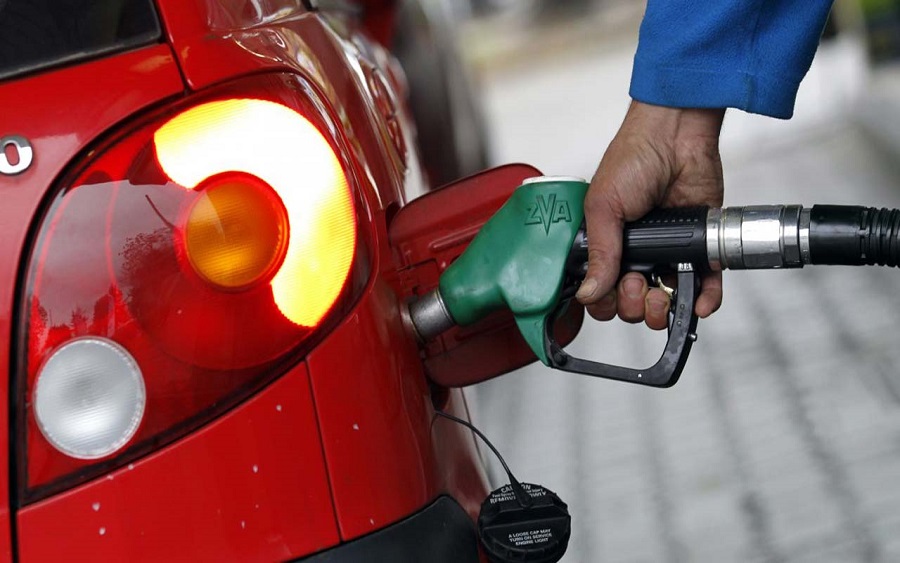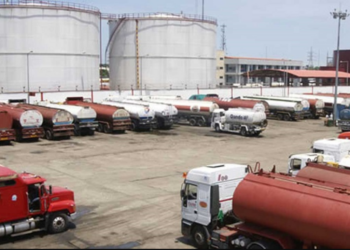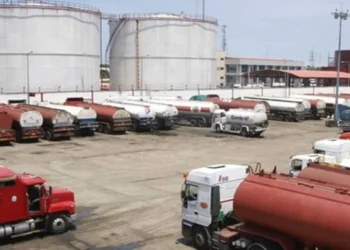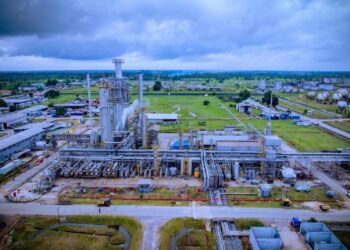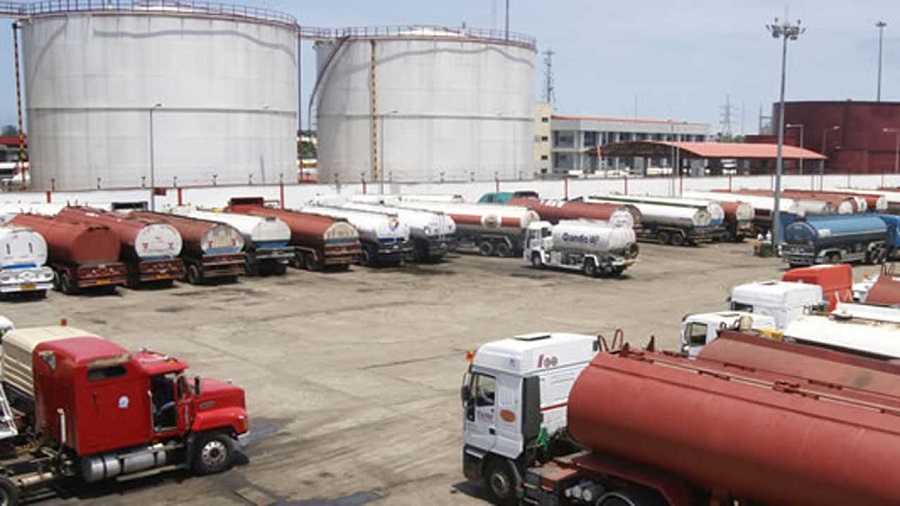The decision of the Petroleum Products Pricing Regulatory Agency (PPPRA) to reduce the pump price of Premium Motor Spirit (PMS), also known as petrol, to N121.50 per litre from N123.50 per litre has been met with stiff resistance from oil marketing companies (OMCs). The Independent Petroleum Marketers Association of Nigeria (IPMAN) have also stated that it impossible for its members to sell petrol at the new price floor of N121.5 per litre.
We recall that on 18 March 2020, the Federal Government (FG) reduced the retail price of Premium Motor Spirit (PMS) by c.14% to N125/litre from N145/litre, following the global pandemic which led to an unprecedented decline in oil prices and by extension a reduction in the landing cost of petrol. Subsequently, the FG announced a further reduction to N123.50 which took effect on April 1, 2020. Earlier this month, the FG directed a reduction in the pump price of Premium Motor Spirit (PMS) for the third time to N121.50 per litre. We note that the adjustments in the retail price is in line with the directive from PPPRA on a monthly review of the pump price, depending on prevailing market realities.
READ MORE: The good, bad and ugly of low oil prices for Nigeria
In our view, considering the landing cost of petrol is largely influenced by the prices of crude oil in the international market, we think prospects of continued recovery in crude oil prices is likely to put upward pressure on the cost of importing petrol. With the gradual relaxation of lockdown measures by countries who are starting to reopen their economies alongside the historic production cuts of OPEC+ which took effect last month (a 9.7mb/d oil production cut for May and June), we think the risks to oil prices are tilted to the upside in the near term.
Since hitting a two-decade low of US$19.33 on 21 April when the retail price of petrol was pegged at N123.50, brent crude prices have gained c.105% to close at US$39.54 on 3 June. Against this backdrop, we expect that the retail price of petrol should rather be adjusted upwards to reflect current market realities. The current situation appears no different from historical trends where the FG becomes reluctant to effect an upward adjustment in the retail price of petrol during periods of rising crude prices. This has often resulted in the renewed payments of the age-long fuel subsidy. We also think oil marketing companies (OMCs) who have only recently begun to import petrol alongside the Nigerian National Petroleum Corporation (NNPC) due to more favourable pricing could halt importation once again if domestic retail prices become unfavourable.
Explore Advanced Financial Calculators on Nairametrics
CSL Stockbrokers Limited, Lagos (CSLS) is a wholly-owned subsidiary of FCMB Group Plc and is regulated by the Securities and Exchange Commission, Nigeria. CSLS is a member of the Nigerian Stock Exchange.

